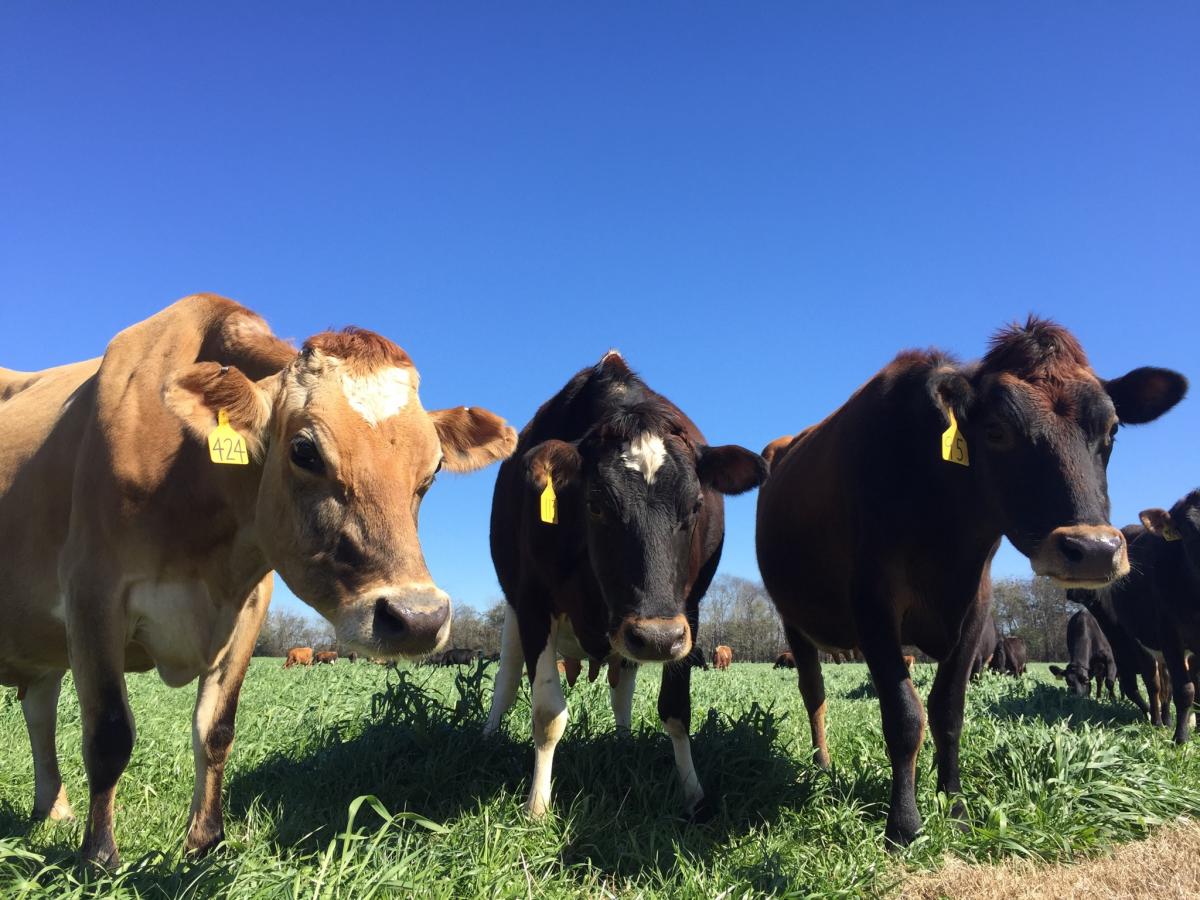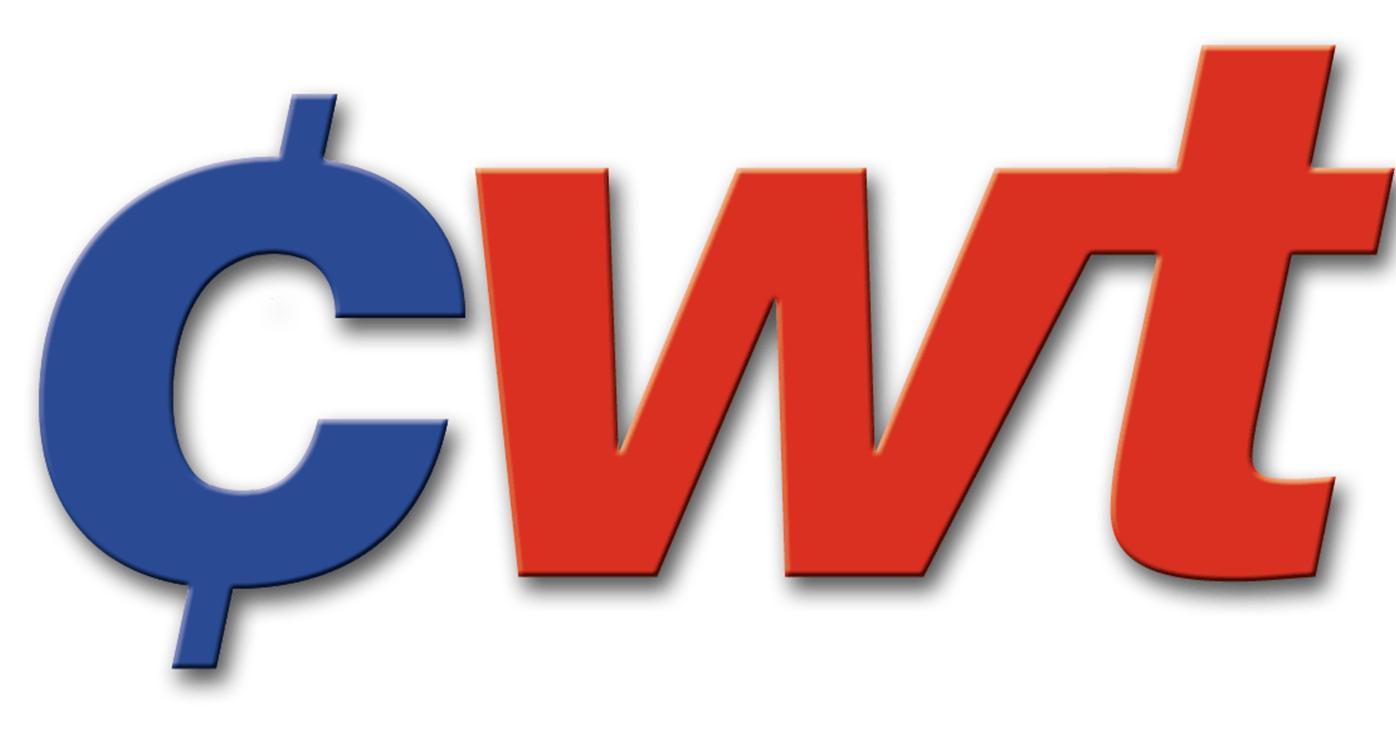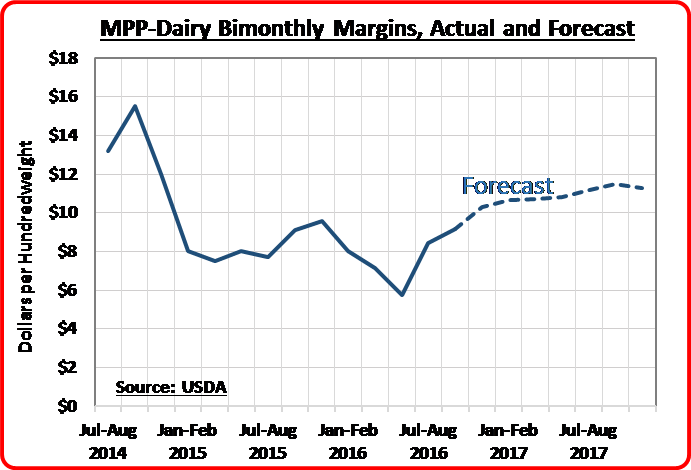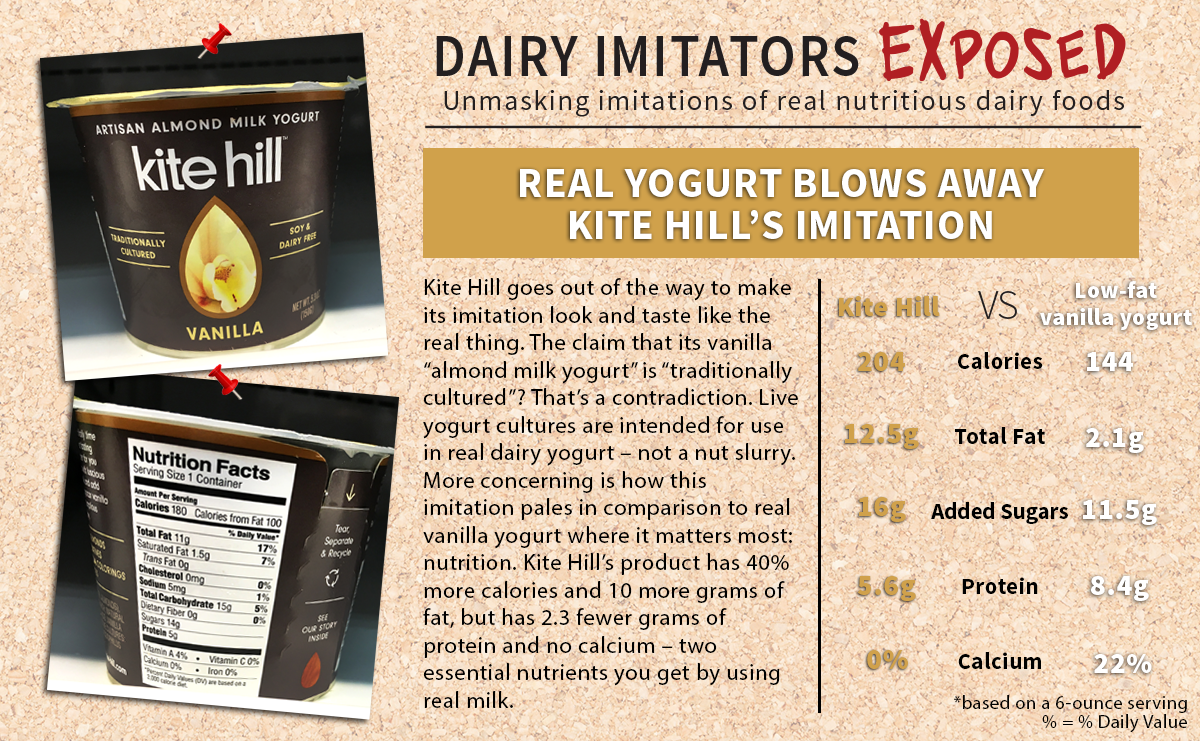An 11-year-old law intended to minimize the risk of terrorist attacks in the U.S. may require dairy farmers to adjust their use of hydrogen peroxide as a sanitizer, based on information shared recently with NMPF by the Department of Homeland Security.
In 2007, Congress required the DHS to create a Chemical Facility Anti-Terrorism Standards (CFATS) program. The program identifies and regulates high-risk chemical facilities to ensure they have security measures in place to reduce the risk of a terrorist attack using certain chemicals. The CFATS regulation lists more than 300 chemicals of interest (COI) which, if held in specified quantities or concentrations, trigger reporting requirements to DHS. Facilities are required to report their chemical holdings within 60 days of coming into possession of a COI.
To assist agriculture, DHS granted an indefinite time extension for certain activities at agricultural facilities. The extension applies to chemicals used for soil preparation and the treatment of crops, feed, land, livestock, or other areas of an agricultural production facility (for example, ammonia used as a fertilizer falls under the extension, but propane for fuel or hydrogen peroxide for cleaning and water treatment must be reported).
In the past year, DHS has been visiting agricultural operations that may have their chemical use covered by the indefinite exemption. DHS has inspected several dairy farms where chemicals used to clean equipment and hydrogen peroxide was used to treat water – both potentially non-exempt activities. DHS subsequently contacted NMPF staff and asked for help in sharing the chemical security requirements with dairy producers.
Regarding hydrogen peroxide, the rule states that hydrogen peroxide with a 35% or higher concentration is a Chemical of Interest. If the concentration is below 35%, it is not a COI and it will not trigger reporting. NMPF urges dairy producers using hydrogen peroxide on their farms to immediately begin using a solution less than 35%, or ensure they have less than the threshold reporting quanitity of 400 pounds on site at any time. NMPF staff are also exploring whether other chemicals being used could trigger the rule. More information can be found here. Otherwise, contact Clay Detlefsen .

 National Milk continues to advise dairy farmers not to file ammonia-related air emissions reports until an appeals court issues a mandate that triggers a reporting requirement – an action that could be taken later this month.
National Milk continues to advise dairy farmers not to file ammonia-related air emissions reports until an appeals court issues a mandate that triggers a reporting requirement – an action that could be taken later this month. NMPF is now accepting applications for its National Dairy Leadership Scholarship Program for academic year 2018-2019. Applications must be received no later than Friday, April 6, 2018.
NMPF is now accepting applications for its National Dairy Leadership Scholarship Program for academic year 2018-2019. Applications must be received no later than Friday, April 6, 2018. NMPF expressed support this month for the Maryland Department of Environment’s regulation to establish a water quality trading program, one that could serve as model for how other states provide opportunities for dairy farmers to benefit from the management of nutrients.
NMPF expressed support this month for the Maryland Department of Environment’s regulation to establish a water quality trading program, one that could serve as model for how other states provide opportunities for dairy farmers to benefit from the management of nutrients. Cooperatives Working Together (CWT) helped member cooperatives secure 45 contracts to sell 6.06 million pounds of American-type cheeses and 1.10 million pounds of butter to customers in Asia, Central America, the Middle East, North Africa and Oceania. The product will be shipped in the months between December 2017 and March 2018.
Cooperatives Working Together (CWT) helped member cooperatives secure 45 contracts to sell 6.06 million pounds of American-type cheeses and 1.10 million pounds of butter to customers in Asia, Central America, the Middle East, North Africa and Oceania. The product will be shipped in the months between December 2017 and March 2018. The monthly margin under the dairy Margin Protection Program (MPP) rose by $0.39/cwt from October to $10.39/cwt in November. The increase was generated by both a higher all-milk price, which rose by $0.20/cwt, as well as a $0.19/cwt drop in the MPP feed cost formula. Twelve cents of the feed cost drop were due to a decline in the corn price, $0.05 stemmed from a lower alfalfa hay price, and $0.01 resulted from a lower soybean meal price. The November monthly MPP margin was the highest since February 2017. The MPP monthly margin was last below $8.00/cwt in July 2016. The November monthly MPP feed cost was $7.71/cwt, the lowest since December 2016. The November all-milk price, $18.10/cwt., was the highest since February 2017.
The monthly margin under the dairy Margin Protection Program (MPP) rose by $0.39/cwt from October to $10.39/cwt in November. The increase was generated by both a higher all-milk price, which rose by $0.20/cwt, as well as a $0.19/cwt drop in the MPP feed cost formula. Twelve cents of the feed cost drop were due to a decline in the corn price, $0.05 stemmed from a lower alfalfa hay price, and $0.01 resulted from a lower soybean meal price. The November monthly MPP margin was the highest since February 2017. The MPP monthly margin was last below $8.00/cwt in July 2016. The November monthly MPP feed cost was $7.71/cwt, the lowest since December 2016. The November all-milk price, $18.10/cwt., was the highest since February 2017. The Consortium for Common Food Names’ (CCFN) work to protect common food names and safeguard global sales opportunities for cheeses finished the year with a flurry of important activity in key markets.
The Consortium for Common Food Names’ (CCFN) work to protect common food names and safeguard global sales opportunities for cheeses finished the year with a flurry of important activity in key markets.




